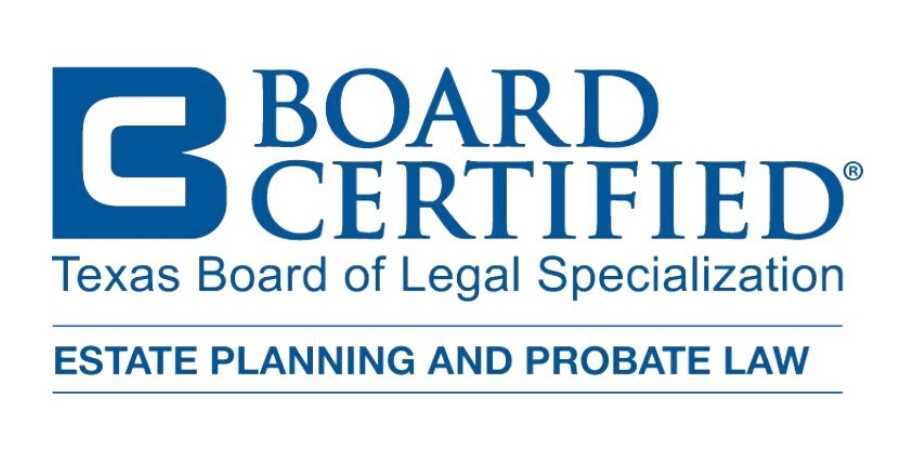The Basics of Designating a Beneficiary
Know your options

Did you know you can designate an individual, a group of individuals such as your children, a charity, a trust, or your estate as a beneficiary? One of the great advantages of passing assets by beneficiary designation is that they pass outside of probate unless the beneficiary is your estate. Thus, your intended beneficiaries have access to the funds within a short time after your death. They will not have to wait months or sometimes years until probate concludes for their inheritance. Typically, you should avoid naming your estate as the beneficiary because of the need for probate. Naming your estate may also have adverse tax consequences and expose the asset to creditors’ claims. Listed below are some of the beginning, basic steps for completing a beneficiary designation:
1. Make sure you complete the beneficiary designation forms. If you don’t complete beneficiary designations, the financial institution or state or federal law will determine who gets the asset on your death. Without a properly completed beneficiary designation form, life insurance proceeds will likely pass to your estate. Similarly, if you are the sole owner of other financial accounts, they will probably be paid to your estate when you die. Your family will have to probate your estate to get these funds. Retirement accounts will likely pass to your spouse if you are married or to your estate if you are not married. Distributions from retirement accounts to your estate will need to be probated and will get unfavorable income tax treatment. Assuming these accounts contained tax-deferred contributions, a lump sum distribution to your estate means the entire amount is taxable. Alternatively, distributions and tax can be spread over five years. Distributions of tax-deferred retirement accounts to individuals are also taxable but can be spread out over much longer periods.
2. Name both a primary beneficiary and a contingent beneficiary. The primary beneficiary is the “first in line” of who will receive the asset upon your death. You can name a contingent beneficiary who is “next in line” to receive the asset if the primary beneficiary dies before you. A married person with children will commonly name the spouse as the primary beneficiary, and the children as the contingent beneficiaries. If you don’t name a contingent beneficiary and your primary beneficiary predeceases you, the asset will most likely be paid to your estate.
3. Do not name minors (under age 18) as direct beneficiaries. An insurance company or other financial institution cannot legally write a check to a minor. If a minor is named on a policy or account, then a court proceeding to nominate a conservator to manage the child’s money is likely to be needed. A conservatorship adds costs and delays. One possible solution is to name a custodian to manage the child’s money pursuant to the Uniform Transfers to Minors Act (UTMA). A drawback to both conservatorships and UTMA accounts is that they end when the child turns 18 or 21 and the child gets the funds outright.
A better solution, particularly if the payout is substantial, may be to create a trust to receive the asset on your death. You can choose the trustee who will look after the money and specify the ages at which your child should receive lump sum distributions. Common ages are 25 and 30. Simply creating a trust does not automatically mean that life insurance and other financial assets will pass into it on your death. You must complete the beneficiary designation form naming the trust as the beneficiary. An estate planning attorney can provide the proper language for naming a trust as a beneficiary.
If you would like to hear more about how our firm can help you plan for the future, contact us today. We would love to help.
We provide estate planning services to clients throughout South and Central Texas. Please contact us today, we are happy to share our expertise with you so you can make the best decisions for passing on your financial legacy. We are available in person, by appointment or by Zoom. In South Texas, call us at 956-791-5422.
CONTACT INFORMATION
























